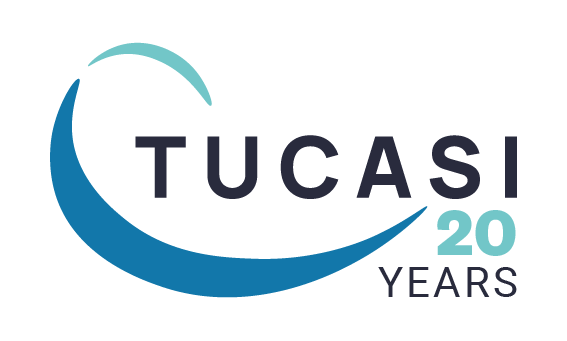Everyone seems to be talking about ChatGPT. But what is it, and how will ChatGPT in schools impact the future?
What is ChatGPT?
GPT stands for ‘Generative Pre-trained Transformer’…to a non-tech person, that’s about as clear as mud, right? In a nutshell, it’s a bot that has comprehensively scanned the internet and has the ability to write anything from articles to poems, essays, or pretty much anything really — all based on the information collated from that scan, with just a simple request. This AI generates fairly convincing imitations of “human written” content and is now gaining traction in many areas.
The impact of ChatGPT in schools
The most obvious downside some teachers are understandably concerned about is the effect it may have on their students’ motivation to learn – why would pupils spend time doing their homework when they can just ask ChatGPT to do it for them? Would they be tempted? Probably some would be, but for as long as there have been schools, there have been a few children seeking out the easiest way to do their homework – with or without technology’s helping hand.
Could teachers spot homework written by AI? More than likely! Writing style is very personal. If the style suddenly changes, it’s fairly obvious some intervention is to blame. But, failing that, there are many tools available online specifically designed to spot plagiarism and AI assistance.
Teacher-bots?
Some are understandably concerned about the implications of automating elements of teaching, but there are many ways AI can be used constructively within the education sector. Teachers could use AI to help them to put together their lesson plans, generate questions for class discussions, or use the technology to research resources to supplement their lessons, to name a few.
Also, automating the many other admin-based tasks that fall to teachers to perform regularly could be a real time saver. Emailing parents can be time-consuming, so an AI tool like ChatGPT in schools could be a real asset. I am sure many teachers would be intrigued to find out if AI could help them free up their time. That way they could dedicate more to valuable student interactions or even reclaiming some work:life balance in what can be a very stressful role.
Of course existing tools, like the features of our dedicated Communications module, have been helping simplify school communications for years, with templates already there for use today.
What do pupils think?
It goes without saying, children are much more tech-savvy than adults! So there’s no doubt pupils will know ChatGPT exists, and have probably tinkered with it to satisfy their curious minds. But rather than burying your head in the sand, have an open discussion in class to see what their thoughts are about its use in education.
Everyone grows up to understand copying is cheating, but there are more ways to use AI than just this. Most students will use Google as a tool for researching their homework topic. But, did you know Google itself has been using and developing AI for decades? Language tools like ChatGPT are just a few steps on (technology-wise). So this is a great time to start the discussion about ChatGPT in schools. Where do your pupils and teachers think the use of AI is acceptable, and even helpful in a learning environment?
P.S. ChatGPT didn’t write this post!


